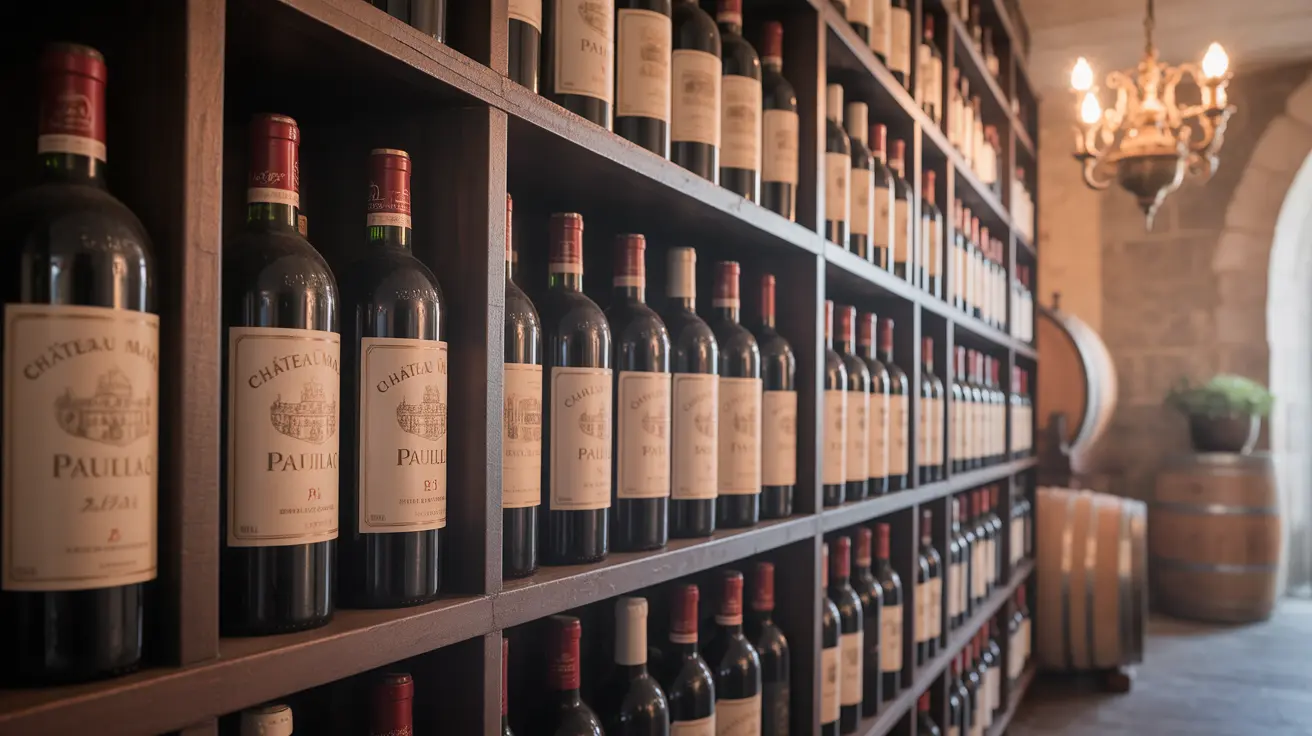Wine is often considered a beverage that gets better with age, but this isn't always the case. Understanding whether wine expires and how to properly store it can help you preserve its quality and ensure you're drinking it safely. Let's explore everything you need to know about wine expiration, storage, and signs of spoilage.
Understanding Wine Expiration and Aging
Unlike many other beverages, wine doesn't technically expire in the same way that milk or juice does. However, it can deteriorate and become unpalatable over time. The aging process affects different types of wines in various ways, with some improving and others declining in quality.
Different Wine Types and Their Shelf Life
The potential shelf life of wine varies significantly depending on its type:
- Fine red wines: Can age 10-20 years or more
- Regular table wines: Best consumed within 2-3 years
- White wines: Generally best within 1-2 years
- Rosé wines: Typically best consumed within 1 year
- Sparkling wines: Usually best within 1-2 years
Proper Wine Storage Techniques
To maintain wine quality, proper storage is essential. The following factors play crucial roles in wine preservation:
Temperature Control
Keep wine stored at a consistent temperature between 45-65°F (7-18°C). Fluctuating temperatures can cause the wine to expand and contract, potentially compromising the cork and allowing oxygen to enter.
Light and Humidity
Store wine in a dark place, as UV rays can degrade and prematurely age wine. Maintain humidity levels between 60-70% to keep corks from drying out and prevent mold growth.
Position and Vibration
Store corked wines horizontally to keep the cork moist and maintain its seal. Avoid areas with frequent vibration, which can disturb sediment and accelerate chemical reactions in the wine.
Signs of Spoiled Wine
When wine goes bad, it typically shows several telling signs:
- Change in color (brownish tints in red wine, darkening of white wine)
- Off-putting or vinegar-like odors
- Fizzing in still wines
- Cork pushing out of the bottle
- Bitter or sour taste
Frequently Asked Questions
Does wine actually expire or just lose its quality over time?
Wine doesn't technically expire, but it can deteriorate and become undrinkable. While properly stored wine may last for years, its quality will eventually decline, and it can develop unpleasant flavors and aromas.
How long does unopened wine last before it goes bad?
The shelf life of unopened wine varies by type. Fine red wines can last decades when properly stored, while most commercial wines are best consumed within 1-3 years of production. Sparkling and light wines generally have shorter shelf lives.
What are the signs that wine has gone bad and is no longer safe to drink?
Look for changes in color, unusual odors (especially vinegar-like smells), fizzing in still wines, and cork damage. If the wine tastes bitter, sour, or significantly different from how it should, it's likely spoiled.
How should I store opened wine to prevent it from spoiling quickly?
Store opened wine in the refrigerator with a proper wine stopper or vacuum seal. Most opened wines will stay fresh for 3-5 days when properly stored. Sparkling wines should be sealed with a specialized sparkling wine stopper.
Why does exposure to heat, light, or oxygen cause wine to go bad faster?
Heat accelerates chemical reactions in wine, while UV light can break down compounds that contribute to flavor and aroma. Oxygen exposure leads to oxidation, which can turn wine into vinegar and create off-flavors. These factors speed up the natural degradation process of wine.




